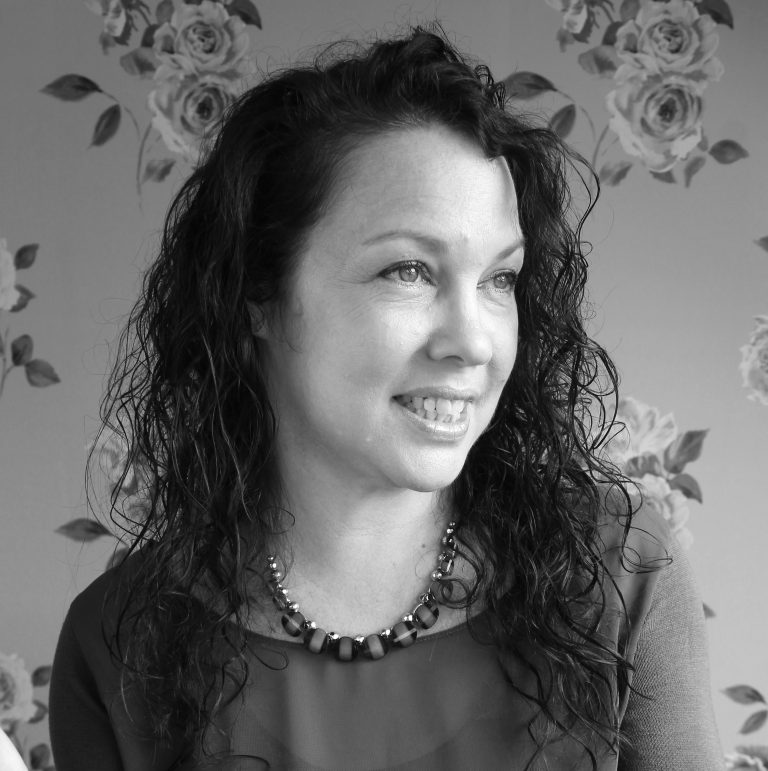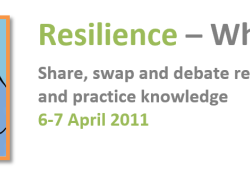Topic How can Applied Theatre projects support the wellbeing and resilience of young people within secondary schools? – Helen Nelder, Applied Theatre practitioner and drama teacher
Resources You can download Helen’s slides
Session Summary Helen Nelder’s MA research into Applied Theatre projects, the Academic Resilience Approach (ARA) (Hart and Williams, 2014) and mental health care provision for children and young people in schools, led her to examine the potential of Applied Theatre practices to create opportunities for relational resilience and to support young people to understand and address their own issues and concerns in secondary schools. In doing so, she hopes that such projects will be part of long-term social investment in schools, teachers and children.
This session gave a brief definition of Applied Theatre and its connection through a social inclusion perspective with the ARA. Drawing on the theory and practice of Paulo Freire, contemporary theatre projects – ‘Brainstorm’ and ‘The Happiness Project’ and practical drama schemes of work, the session highlighted the potential (and problems) for projects in secondary schools.
Biography Helen Nelder is a freelance Applied Theatre practitioner and drama teacher. Since graduating from Warwick University with a BA (Hons) in Theatre Studies and Dramatic Arts, Helen trained at Ecole Jacques Lecoq, a movement-based drama school in Paris. She then went on to train as a teacher at secondary level gaining a PGCE at Manchester Polytechnic in Drama. After ten years of teaching, she ran her own theatre company raising awareness and training professionals who worked with people experiencing domestic violence and abuse, in conjunction with the Home Office (Government Office South East (GOSE)).
Helen is a dynamic playwright, teacher and workshop leader, she has taught drama, creative writing and scriptwriting for 25 years in a variety of educational contexts from primary through to adult education including PRU’s and secondary schools. She often works through improvisation and has also written and staged a number of her own works locally in Brighton.
Recently graduating from the Royal Central School of Speech and Drama (RCSSD) in London with an MA in Applied Theatre, Helen is currently pursuing her interest in Applied Theatre, the Academic Resilience Approach and young people’s mental health in secondary schools.
Helen is passionate about social inclusion and teaching all young people the language and practices of theatre, applied theatre (and applied arts) so that they can articulate their own experience of the world and challenge social inequality.
Who might be most interested Academics, practitioners, researchers, students, parents, carers, community workers, volunteers, public sector workers, young people, service users and people with lived experience of mental health problems.
Key Readings
1) Barnardo’s (2018) Transforming Young People’s Mental Health Provision: What children and young people think of the Government’s Green Paper (online): https://www.barnardos.org.uk/sites/default/files/uploads/transforming-children-young-people-mental-health-provision.pdf
2) Department of Health and Department for Education (2017) Transforming Children and Young People’s Mental Health Provision: a Green Paper, Cm 9523 (online): https://assets.publishing.service.gov.uk/government/uploads/system/uploads/attachment_data/file/664855/Transforming_children_and_young_people_s_mental_health_provision.pdf
3) Education and Health and Social Care Select Committees (2018) The Government’s Green Paper on mental health: failing a generation (online): https://publications.parliament.uk/pa/cm201719/cmselect/cmhealth/642/642.pdf
4) Fisher, M. (2009) Capitalist Realism. Winchester: Zero Books https://www.johnhuntpublishing.com/zer0-books/our-books/capitalist-realism
5) Freire, P. (1996) Pedagogy of the Oppressed, (Trans Bergman Ramos, M.) London: Penguin Books https://www.penguin.co.uk/books/22583/pedagogy-of-the-oppressed/9780241301111.html
6) Hart, A. et al (2016) ‘Uniting Resilience Research and Practice with an Inequalities Approach’ (online) https://journals.sagepub.com/doi/pdf/10.1177/2158244016682477
7) Hart, A. & Heaver B. (2013) ‘Evaluating resilience-based programmes for school using a systematic consultative review’, Journal of child and youth development, 1(1), 27 – 53 (online) https://cris.brighton.ac.uk/ws/portalfiles/portal/300118/Hart+Heaver+2013+Schools+review+article.pdf
8) Nicholson, H (2014) Applied Drama (2nd Edition) The Gift of Theatre. London: Palgrave Macmillan https://www.macmillanihe.com/page/detail/Applied-Drama/?K=9781137003966
9) Preston S. (2011) ‘Back on whose track? Reframing ideologies of inclusion and misrecognition in a participatory theatre project in London’. Research in Drama Education: The Journal of Applied Theatre and Performance, 16(2), 251-264
10) Reay, D, (2012) ‘What would a socially just education system look like?: saving the minnows from the pike’. Journal of Education Policy, 27(5), 587-599
This event took place on Wednesday 16 October 2019.
If you like what you see and you want more, More, MORE, why not subscribe to our mailing list? You’ll receive our email newsletter with details of our upcoming Resilience Forums, training and other events, news and resources (most of which are free!), and any other products and services that might be of interest. This is a web-based service and it is very easy to subscribe, unsubscribe or update your email address at any time.
The Resilience Forum is for ANYBODY (with a pulse!) involved with or interested in resilience research


